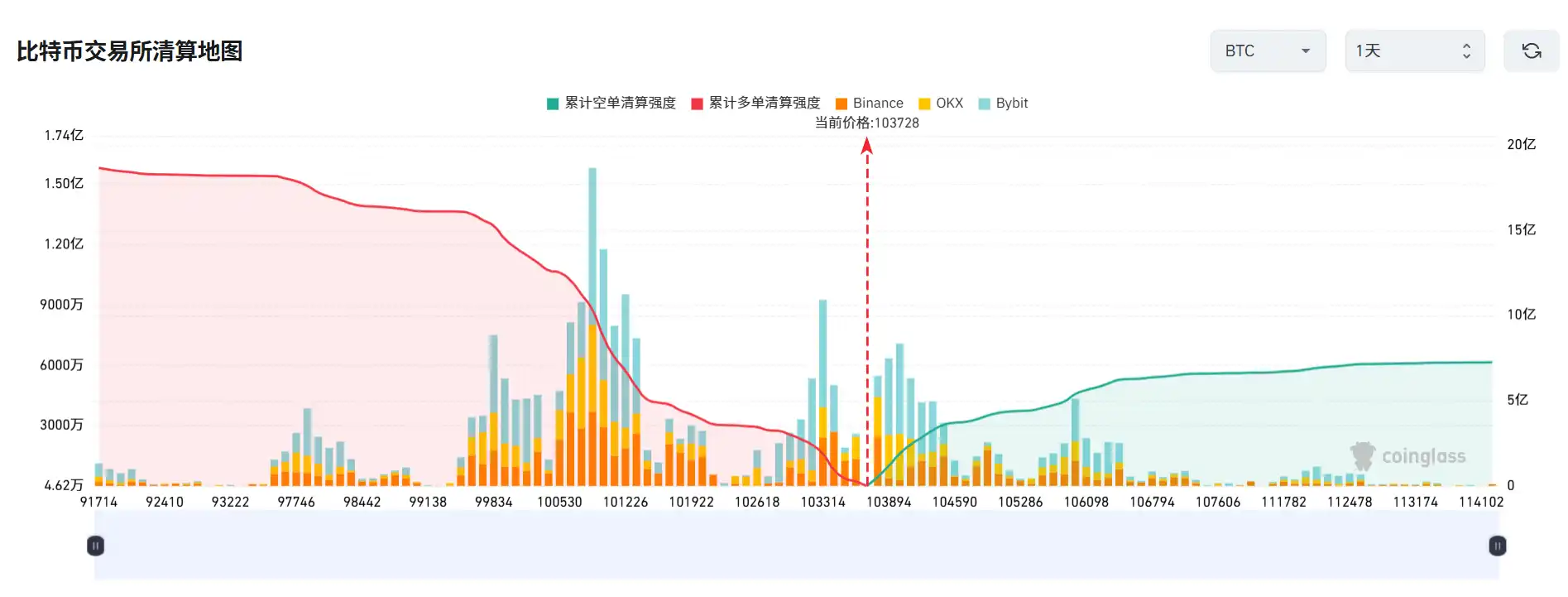U.S. Ethereum spot ETF-related developments put pressure on South Korean regulators
ChainCatcher news, according to Cointelegraph, South Korean regulators are facing increasing pressure to approve a cryptocurrency ETF after the U.S. SEC recently approved Form 19B-4 for the spot Ethereum ETF.
The U.S. SEC’s decision on Ethereum is expected to put pressure on South Korea’s financial regulator to reconsider its stance on the digital asset, local media reported.
Unlike the United States, South Korea’s Financial Services Commission (FSC) and Financial Supervisory Service (FSS) are cautious about introducing crypto asset trading in traditional securities markets.
According to the FSC, ETFs must strictly comply with the Capital Markets Act, which stipulates that ETFs must be linked only to traditional underlying assets. These assets include sophisticated financial instruments, securities, international currencies and commodities, which provide the basis for financial derivatives.
Xangle, a Seoul-based digital currency data provider, has publicly opposed the traditional securities market’s ban on digital assets, calling it “outdated” and in need of revision to accommodate the growing importance of digital assets in modern finance, the Korea Times reported.
Korean Stockholders’ Alliance head Jung Eui-jung also stressed the importance of Seoul following the U.S.’s lead and approving Bitcoin and Ethereum ETFs. Jung warned that if South Korean regulators continue to make no progress while the U.S. is making progress, investors may move funds to U.S. markets, saying “it will be a while before the U.S. fully opens its doors to other cryptocurrencies with smaller trading volumes.” question".
Disclaimer: The content of this article solely reflects the author's opinion and does not represent the platform in any capacity. This article is not intended to serve as a reference for making investment decisions.
You may also like
US CFTC Proposes Allowing Stablecoins as Tokenized Collateral

Hassett: If the government shutdown continues, fourth quarter GDP could be negative